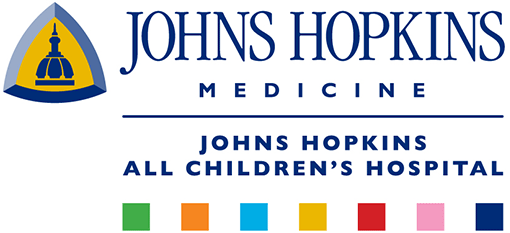Other Health Benefits
Maternity Management Program
The program is designed to help guide you through your pregnancy and is available at no cost. Your personal maternity nurse will be available by phone or secure email before and after your pregnancy. And, you receive a $25 gift card upon completion of the program.
Blueberry Pediatrics
MDLIVE Virtual Doctor Visits
No-Pay Copay for Asthma & Diabetes Medications
The No-Pay Copay benefit will waive the copay for most asthma and diabetes medications if you’re enrolled in an Allegiance medical plan and participate in the Nurse Health Coaching program.
In the program, you’ll work one-on-one with a care manager to:
- Evaluate your wellness and personal needs
- Coordinate your health care
- Improve self-management of your condition
Call 866-458-0474 to learn more and enroll.
Work Stride: Cancer Prevention, Navigation & Support
Work Stride provides tools, information and support to help you, dependents and caregivers navigate the cancer journey. This program is confidential and free to all employees. Watch this two-minute video with our Oncology Nurse Navigator, Rose Wolfe, who speaks about the benefits of Work Stride.
Through Work Stride, you have access to:
Nurse navigator support
A specially trained oncology nurse navigator is available by phone, email and video to provide support and guidance on early detection and screens, managing a diagnosis, balancing treatment and work, financial impacts, caregiving, and survivorship.
Monthly support groups
Work Stride oncology nurse navigator Rose Wolfe hosts two monthly support groups to answer your questions and offer cancer-related information:
- Employee Support Group: 12-1 p.m. the first Wednesday of the month | Join on Zoom
- Caregiver Support Group: 12-1 p.m. the second Wednesday of the month | Join on Zoom
Education and resources
The Work Stride website provides comprehensive information, videos, and resources about types of cancer, screening and prevention, treatment, coping, finances, and so much more. Managers can also access guidance and resources for supporting and managing employees who have cancer or are caring for someone with cancer.
Featured resources:
- Reduce your risk of skin cancer: If you are interested in discovering ways to prevent skin cancer or are dealing with a cancer diagnosis for you or a loved one, Work Stride is here to help. Completely confidential and free to all Johns Hopkins Health System employees, Work Stride provides cancer prevention, support, and navigation to all who need it.
- Your guide to prostate cancer: Prostate cancer is the most-diagnosed cancer in American men. If you need information about which symptoms to watch for and screening recommendations, or help navigating yours (or a loved ones) cancer journey, a free and confidential Work Stride Nurse Navigator is here to help.
- How dense breasts affect detection: Approximately 45% of women have dense breasts, which may impact cancer risk and screenings. The Johns Hopkins Work Stride program is sharing how dense breasts affect the detection of breast cancer and the imaging options women with dense breasts should consider.
Go to Work Stride to learn more or contact an Oncology Nurse Navigator at 844-446-6229 or ManageCancer@jh.edu .
